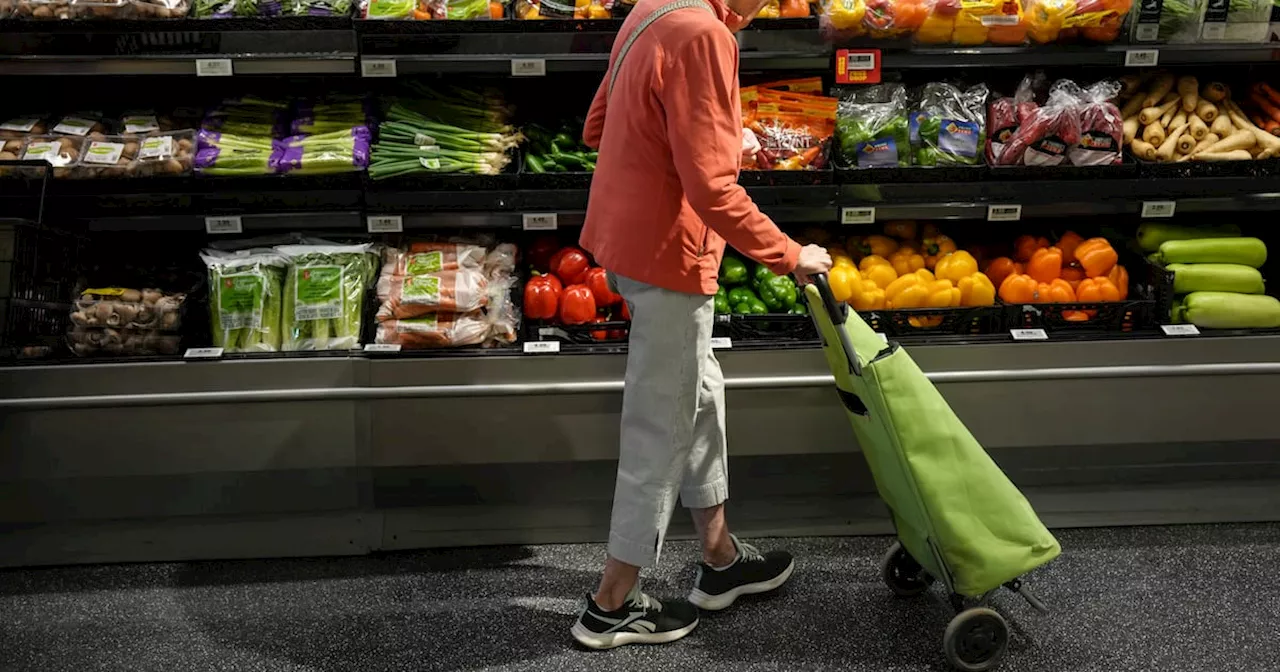While there's a surge in consumer support for Canadian goods amidst trade tensions, experts warn that the simplicity of 'buying Canadian' is often misleading. Many products labeled 'Made in Canada' rely on complex North American supply chains, and limiting purchases to purely Canadian goods can create challenges due to Canada's agricultural limitations. The story explores the nuances of this issue, highlighting the potential impact of tariffs on both consumers and producers.
But for the most part, their focus is on Canadian goods which make up more than 90 per cent of the store, Naraine estimates. He says he’s seen a real interest in supporting local in the face of threatened tariffs from U.S. President Donald Trump.
But as tariffs loom and consumers rally behind “buying Canadian,” experts warn that doing so is not always as simple as it sounds. “Our local community have come out in droves to make sure their putting that extra dollar back into the local economy as well as the local makers,” he said inHowever, he acknowledges that locally made goods often come with higher price tags. Though he cautions against price gauging customers, many of his products are made in test kitchens in Toronto.
With a potential trade war in just a few weeks, Lemarie estimates leafy greens could be one of the first grocery items to rise in cost due to disrupted supply chains.Customers shop for produce at T&T Supermarket's location in Toronto's Fairview Mall, Friday, Nov. 28, 2024.
Economy Trade TARIFFS CANADIAN GOODS SUPPLY CHAINS FOOD SECURITY BUY LOCAL
Canada Latest News, Canada Headlines
Similar News:You can also read news stories similar to this one that we have collected from other news sources.
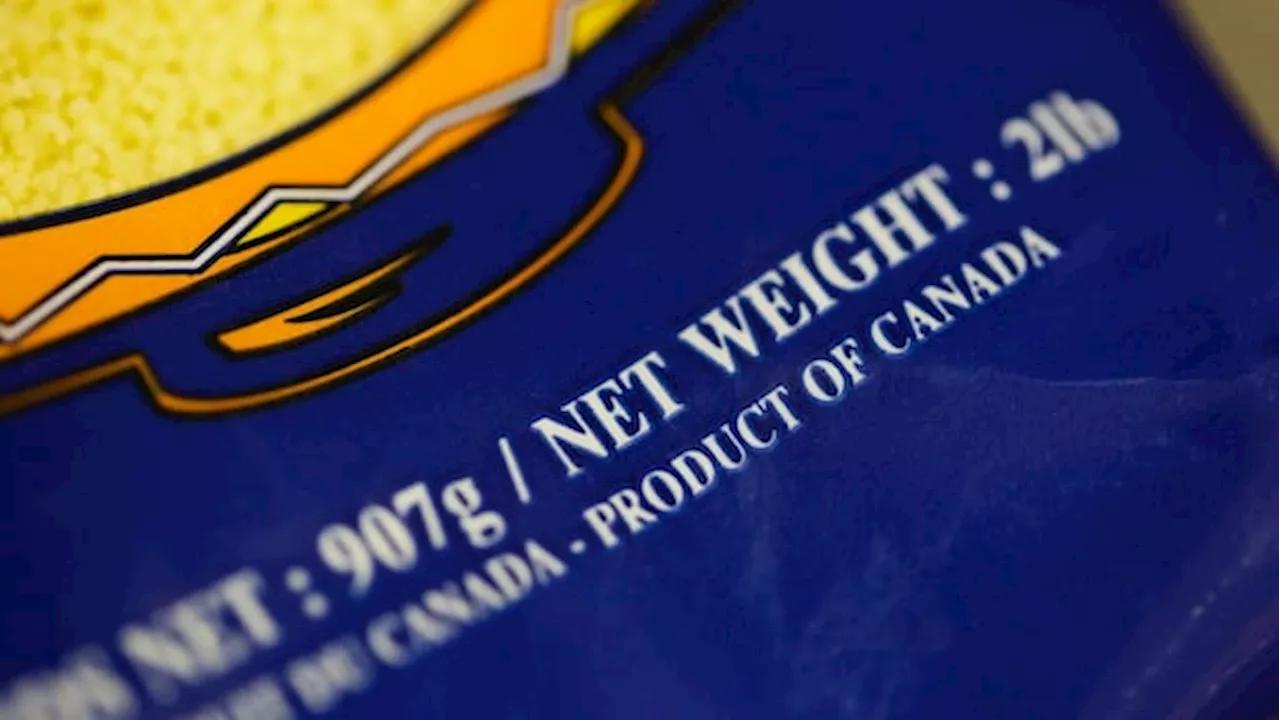 Decoding 'Made in Canada' and 'Product of Canada': The Canadian Buying MovementPrime Minister Trudeau's call to buy Canadian amidst U.S. tariff threats has raised questions about the nuances of product labeling. Understanding the difference between 'Made in Canada' and 'Product of Canada' is crucial for consumers navigating this complex landscape. This article delves into the regulations governing these labels, highlighting the challenges and complexities involved in identifying truly Canadian-made products.
Decoding 'Made in Canada' and 'Product of Canada': The Canadian Buying MovementPrime Minister Trudeau's call to buy Canadian amidst U.S. tariff threats has raised questions about the nuances of product labeling. Understanding the difference between 'Made in Canada' and 'Product of Canada' is crucial for consumers navigating this complex landscape. This article delves into the regulations governing these labels, highlighting the challenges and complexities involved in identifying truly Canadian-made products.
Read more »
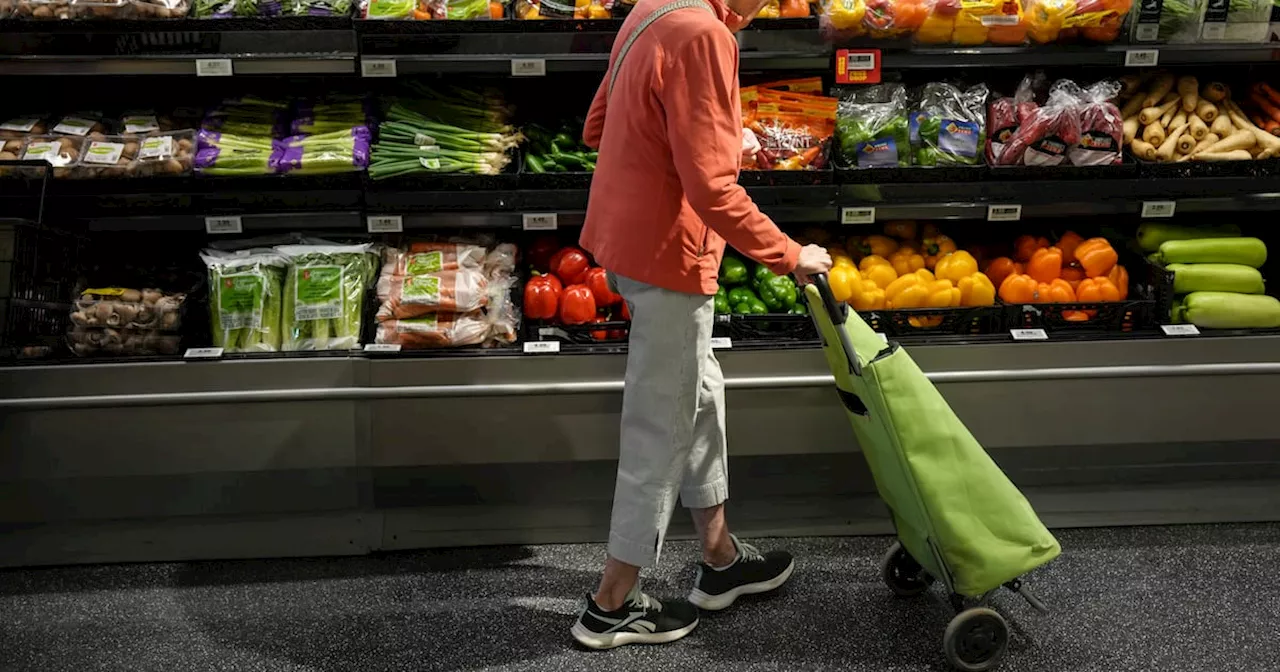 Buying 'Canadian': A Complex Reality Amidst Tariff ThreatsWhile consumer support for 'buying Canadian' surges in response to potential U.S. tariffs, experts warn that simplifying supply chains is not as straightforward as it seems. The article explores the intricate nature of food production and the reliance on cross-border trade, highlighting the challenges of solely sourcing Canadian goods.
Buying 'Canadian': A Complex Reality Amidst Tariff ThreatsWhile consumer support for 'buying Canadian' surges in response to potential U.S. tariffs, experts warn that simplifying supply chains is not as straightforward as it seems. The article explores the intricate nature of food production and the reliance on cross-border trade, highlighting the challenges of solely sourcing Canadian goods.
Read more »
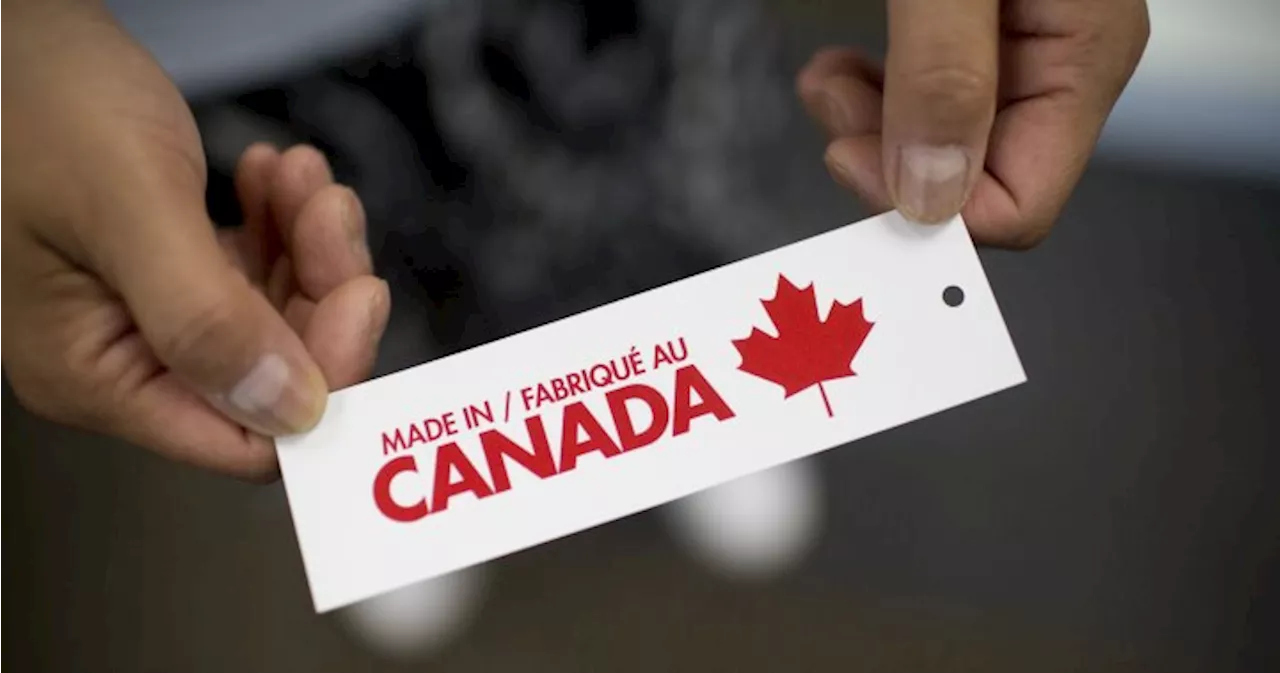 Made in Canada vs. Product of Canada: Know the difference to ‘Buy Canadian’Buying local products amid Donald Trump's tariffs and trade war can help support Canada’s economy, experts say, as Canadian businesses brace for the impact.
Made in Canada vs. Product of Canada: Know the difference to ‘Buy Canadian’Buying local products amid Donald Trump's tariffs and trade war can help support Canada’s economy, experts say, as Canadian businesses brace for the impact.
Read more »
 Trump Hints at February Tariffs on Canadian Goods, While Canadian Politicians Back Away from Carbon PricingThis article covers several news stories from The Canadian Press. It starts with US President Donald Trump's suggestion of 25% tariffs on Canadian imports by February 1st, despite earlier indications of a study on trade practices. The article also discusses the three frontrunners in the Liberal leadership race shifting away from the Liberal government's carbon pricing policy. Other news covered includes Statistics Canada's upcoming release of December's inflation figures, thawing permafrost in the Arctic tundra, and a focus on the benefits of small care homes for long-term residents.
Trump Hints at February Tariffs on Canadian Goods, While Canadian Politicians Back Away from Carbon PricingThis article covers several news stories from The Canadian Press. It starts with US President Donald Trump's suggestion of 25% tariffs on Canadian imports by February 1st, despite earlier indications of a study on trade practices. The article also discusses the three frontrunners in the Liberal leadership race shifting away from the Liberal government's carbon pricing policy. Other news covered includes Statistics Canada's upcoming release of December's inflation figures, thawing permafrost in the Arctic tundra, and a focus on the benefits of small care homes for long-term residents.
Read more »
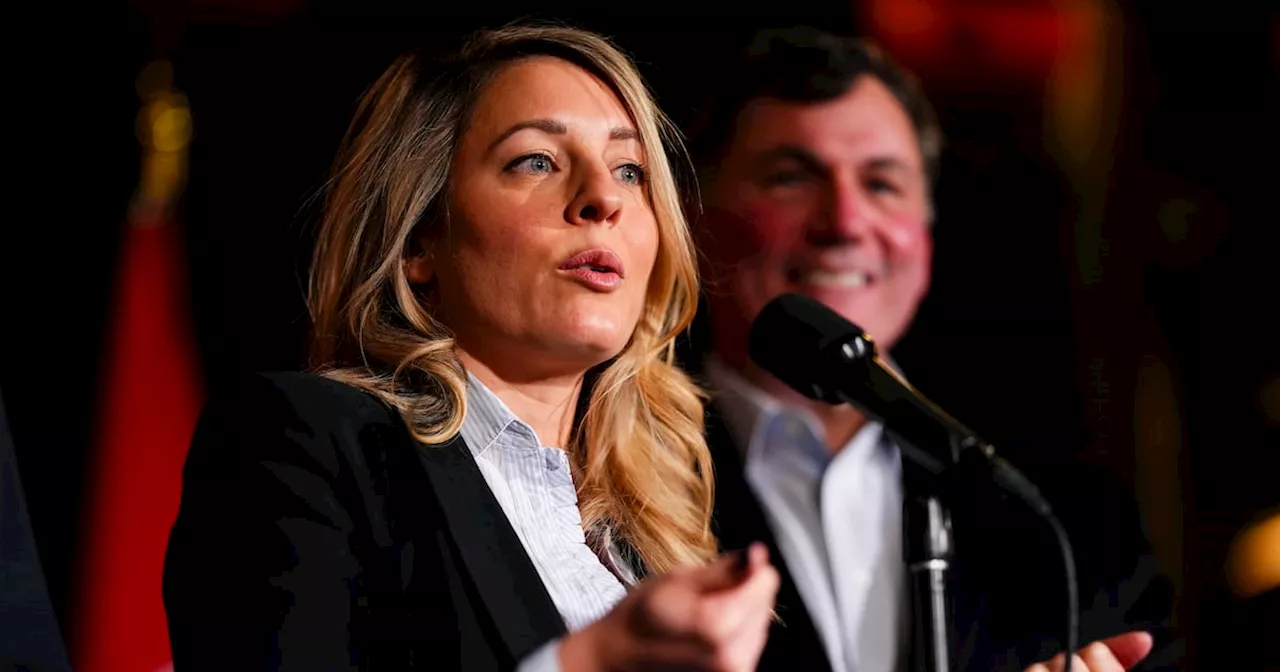 Trump to Implement Tariffs on Canadian Goods, Prompting Canadian ResponseU.S. President Donald Trump's inauguration speech signaled his intention to impose tariffs on Canadian goods, reversing earlier reports that suggested a delay. Canadian officials have expressed preparedness for this move, outlining plans to defend Canadian interests and jobs.
Trump to Implement Tariffs on Canadian Goods, Prompting Canadian ResponseU.S. President Donald Trump's inauguration speech signaled his intention to impose tariffs on Canadian goods, reversing earlier reports that suggested a delay. Canadian officials have expressed preparedness for this move, outlining plans to defend Canadian interests and jobs.
Read more »
 Canadian Ministers Race to Washington to Avert Trump Tariffs on Canadian GoodsThree Canadian cabinet ministers are in Washington, D.C., making a final plea to U.S. President Donald Trump to avoid imposing harmful tariffs on Canadian imports.
Canadian Ministers Race to Washington to Avert Trump Tariffs on Canadian GoodsThree Canadian cabinet ministers are in Washington, D.C., making a final plea to U.S. President Donald Trump to avoid imposing harmful tariffs on Canadian imports.
Read more »
